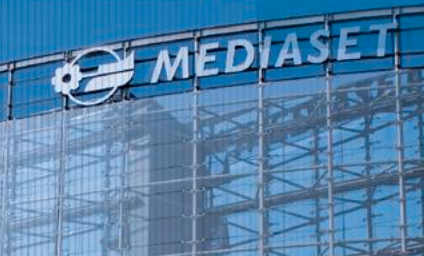BBC Trust: no evidence the BBC ‘crowds out’ competition
There is “no clear evidence” that BBC entertainment, news and online content “crowd out” commercial broadcasters or local newspapers, according to research commissioned by the corporation.
The report, conducted by KPMG for the BBC Trust, said that there was no firm evidence linking the BBC’s activity with patterns of increasing or decreasing consumption of entertainment programmes from commercial broadcasters.
BBC spend on television has been decreasing since 2004, while commercial TV revenues have significantly increased by 65% in real terms since 1999, according to the report, which said there was no evidence to suggest the BBC has damaged the revenues of commercial broadcast rivals.
It added that there was no firm evidence that BBC news negatively affected commercial news in terms of viewer hours, or that the BBC’s increased online presence had been behind the long-term decline in local newspapers’ circulation or revenues.
“The BBC operates in a vibrant market, not a vacuum, and this report finds that the current BBC does not freeze out commercial investment simply by existing. However, the Trust is also clear that, as a public service broadcaster with £3.7bn of public money, the BBC’s effect on the market must continue to be carefully regulated to ensure a high quality range of media is maintained,” said BBC Trust chairman, Rona Fairhead.
The report was commissioned by the BBC’s governing body in response to questions asked by the Government in its Green Paper on the BBC’s Charter Review, about the BBC’s wider impact on the market, and whether it crowds out the commercial sector.




